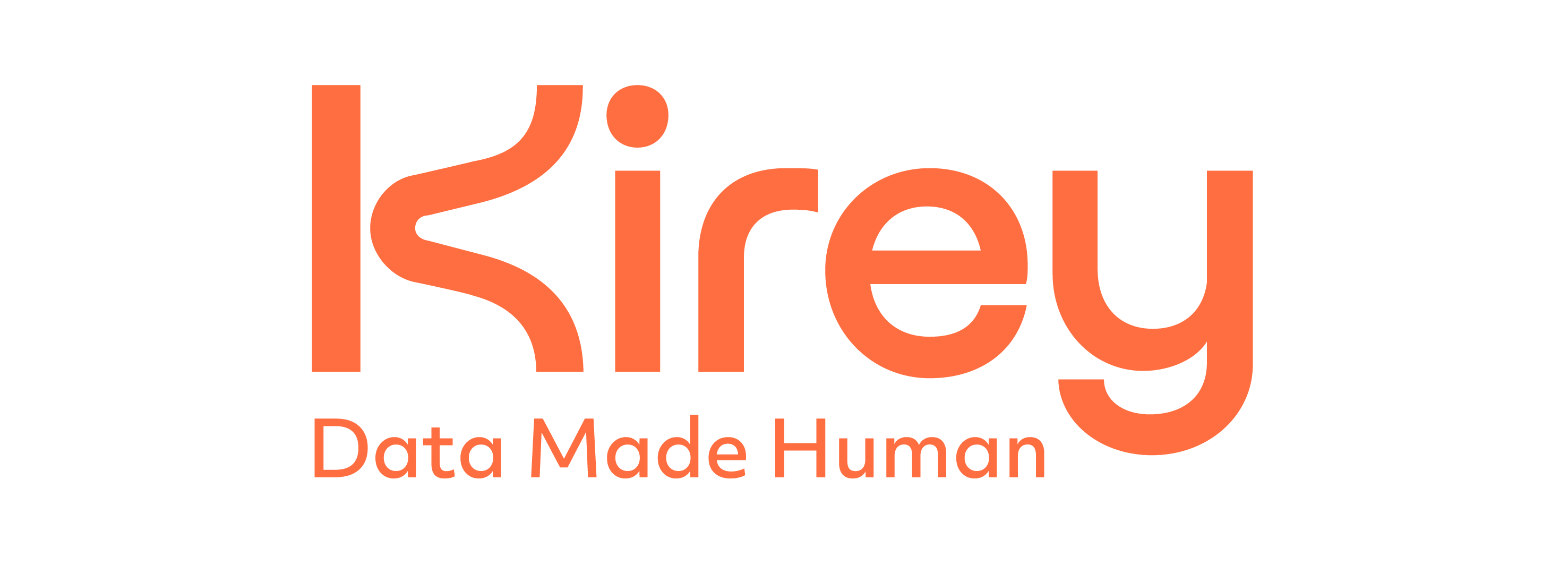Public Administration is another sector that will necessarily have to invest in Data Quality to compare and analyze data from heterogeneous sources.
By Teresa Roma, Business Line Manager at Kirey Group
In past years, banks and insurance companies have invested heavily in data quality and data governance, dealing with this issue comprehensively, often driven by new regulations and specific rules. Today these realities, and not only, are called to make a further step and demonstrate that they have a real and concrete mastery of data.
Data governance, in fact, now permeates all business processes. The relevance of Data Quality has become transversal to different industries. In the energy sector, for example, new emerging realities, dedicated to buying and selling, are facing a double need: on one hand, companies should be able to provide certified and truthful balance sheet data to regulators. On the other hand, companies should guarantee the coexistence of data in a view of protection and centrality of the customer. These data are often conflicting because they were not centrally managed in the past.
The transformation of Public Administration
Public Administration is another sector that will necessarily have to invest in Data Quality in the coming months. This sector will increasingly compare and analyze data from heterogeneous sources to face the inevitable digital transition.
It was evident with the Covid emergency: the collection and the communication of numbers of positive and hospitalized subjects is based on uncommon criteria and different ways of collecting and transmitting health data.
This heterogeneity has hampered decision-making processes, as well as the speed and differentiation of interventions.
Therefore, today the need to provide an objective measure of the data processed is crucial, as well as the level of certification of the entire process.
Many data are collected and analyzed at a regional level but, even in the face of recovery plans, the need to certify the data and, above all, the process related to its acquisition can no longer be underestimated. What the public sector needs is the promotion of a real data culture at all organizational levels.
The spotlight is once again on the digital world and the data. At this moment so crucial for our country, where the choice of Europe is clear in terms of rigour and certification concerning the Recovery Fund, we cannot afford to miss this opportunity.
Public Administration will necessarily be involved to offer data and processes defined and certified.
Horizon Europe and the FAIR principles
The choice of metrics will once again be crucial for measuring data quality levels. Today many standards allow defining measurement of data quality. For example, in addition to the principles defined by the DAMA, the standard ISO-25012 suggests further metrics, distinguishing between data characteristics and system-dependent characteristics.
The respect for FAIR principles is also of increasing importance. The FAIR principles that were coined some years ago have recently returned to the foreground. They are used to offer searchable, accessible and interoperable data between the different systems and the different actors that should be able to reuse for academic, educational and other purposes.
In the next seven years, the European Union’s research investment programme will deliver a record EUR 95.5 billion for basic science projects and research collaborations that will be led by tens of thousands of researchers in the 27 Member States and more than a dozen other countries.
Not surprisingly in Horizon Europe (2021-2027), the new European Framework Programme for Research and Innovation launched in December 2020, there is a a strong focus on strengthening the commitment to Open Science and the ability to promote and encourage reciprocity in open science.
In this Programme it is strongly recommended to adhere to the FAIR principles in the management of research data.
The common need is to deal with the recovery pragmatically: everyone will have to provide certified data in terms of quality because digitization would be inconsistent without the certainty of the processed data.
Looking to the future, I believe that it will be this concrete approach to be rewarded and, once again, it will allow public and private companies to innovate and successfully face the recovery. Such a requirement will support and accompany the transformation of those parts of the organization that will necessarily have to guarantee data quality.
Sharing will be one of the aspects on which much work will be required because data always hold an important value and information, without which it is not possible to make decisions. What our community needs today is certainly increasing dissemination and exploitation of R&I results, a process that passes from the quality of research data, valuable resources to share and to make accessible and reproducible, and effectively reusable.
Data Governance in Kirey Group
Kirey Group has been overseeing the data quality and data management market for over 14 years, through a proprietary methodology (IQF© – Information Quality Framework) that allows to accelerate the implementation of Data Governance & Data Quality projects.
We started from significant experiences in banking and insurance sectors but over the years we have continued to evolve our approach, studying and anticipating the regulations and needs of the market. When the BCS 239 standard for an effective aggregation of risk data and risk reporting, was released,
Kirey Group was already prepared to accept the amendments and clarification. Over the years, our methodology has expanded to date governance and we have implemented our DG suite, a comprehensive solution that includes several products to respond to all the necessary steps in data quality and governance processes.
Over the past two years, the choices made by Kirey Group have allowed us to further consolidate the logical data model that can support the data quality process and data governance, based on a path of analysis and evolution carried forward with the advice of Gartner, which helped us to choose a different strategy compared to competitors: not a tool that addressed the most diverse needs of the market but a specialized solution.
A Gartner study in December 2020 confirmed the value of this approach: the pandemic has clearly shown that the adoption of "all-round" solutions is more complex, time-consuming and costly than more specific data quality solutions, like DG SUITE.
We have also initiated a certification process with Gartner and DAMA to certify the entire approach to the date governance and we have enriched our process with FAIR principles.

